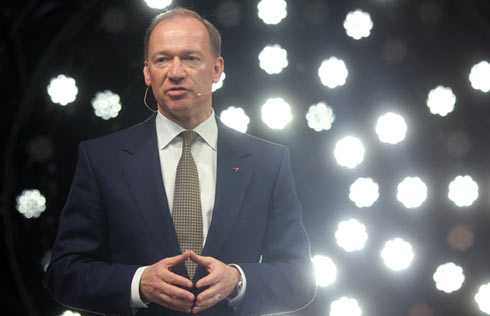Appetite for overseas assets hits record high
 |
|
A view from street level looking up at the Lloyds Building, Tower 42 and The Gherkin, in London's CBD known as the square mile. [Photo/IC] |
The exponentially expanding appetite of Chinese mainland capital for international real estate assets reached a record high in 2016-and is likely to continue to play a significant role in the global property market in the next few years-although more domestic capital may look at opportunities on the mainland in 2017, a leading real estate services providers said.
Research by Jones Lang LaSalle found that Chinese mainland's outbound investment last year in commercial and residential properties surged 53 percent from 2015, hitting $33 billion.
The report said that over the past three years investments in land, office buildings and hotels accounted for 90 percent of the overall outbound property investments.
In 2016, hotel and industrial properties were the two segments that saw the biggest investment increases. A surge in hotel buying was boosted by the purchase of Strategic Hotels and Resorts by Anbang Insurance for more than $6 billion, JLL said.
It said that Chinese mainland capital was also funneled into acquiring land, with a 44 percent year-on-year increase in global land acquisition deals. Hong Kong, Australia and Malaysia were the most popular destinations.
"As Chinese mainland investors continue to diversifying their assets globally, demand for outbound investment will likely remain strong in 2017, but tightened capital outflows mean it will likely take longer time for deals to be completed," said Joe Zhou, regional director and research chief of JLL in China.
Properties in the UK were particularly attractive after Brexit, with prices dropping to more affordable levels considering the exchange rate, Zhou added.
Diversifying investments, hedging risks and securing stable steady income were the major reasons cited for Chinese capital to seek outbound investment opportunities, another report said.
However considering the uncertainty in global markets, currency risks and many other factors, investors were becoming more prudent, according to research by BNP Paribas.

















